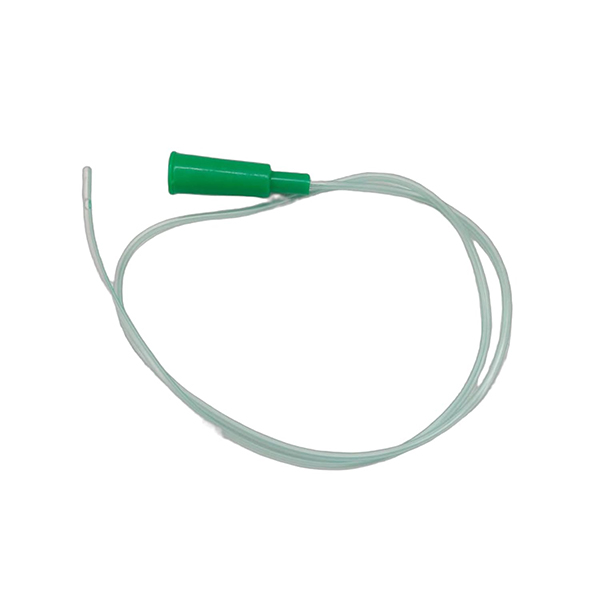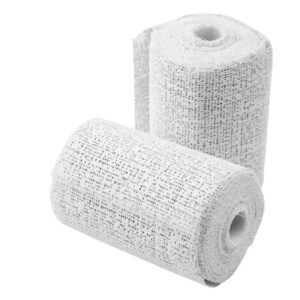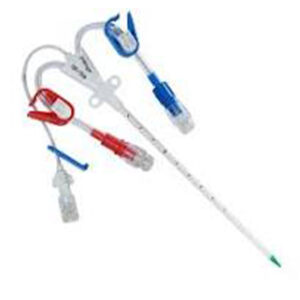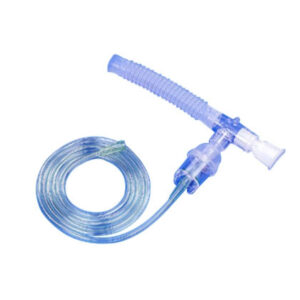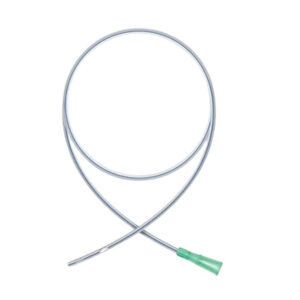Suction Catheter
A suction catheter is a flexible, medical-grade tube used to remove secretions, blood, and other fluids from a patient’s airway. They are crucial for maintaining an open airway and preventing aspiration, especially for patients who are unconscious, have an artificial airway, or cannot cough effectively.
Minimum Quantity Order: 100 Unit
Price: Negotiable
Product Enquiry Form
Category Surgical
Sharing is caring:-
Description
A suction catheter is a flexible, medical-grade tube used to remove secretions, blood, and other fluids from a patient’s airway. They are crucial for maintaining an open airway and preventing aspiration, especially for patients who are unconscious, have an artificial airway, or cannot cough effectively.
Key features:
- Material: Made from flexible, non-toxic, and non-irritant materials like medical-grade PVC or silicone.
- Design: Features a rounded, open tip with one or more lateral eyes at the distal end to minimize damage to delicate mucosal tissue and facilitate efficient suctioning.
- Vacuum control: The proximal end is equipped with a port for connecting to a suction source, often featuring a thumb-controlled or “T”-shaped valve for regulating vacuum pressure.
- Color-coding: A standardized color-coding system is used on the connector to allow for instant identification of the catheter’s French gauge (size).
- Size: Available in various sizes, with larger gauges for adults and smaller sizes for pediatric or neonatal use.
- Sterility: Typically designed for single-use and individually packaged to ensure sterility and prevent cross-contamination.
Common applications:
- Airway obstruction: Clearing mucus, blood, or vomit from the airway in emergency and routine situations.
- Tracheal suctioning: Removing secretions from the trachea and bronchi for patients on mechanical ventilation or those with a tracheostomy.
- Oral and pharyngeal suctioning: Managing secretions in patients who cannot swallow or cough, such as during surgery or in palliative care.
- Neonatal care: Gentle suctioning of infants with weak respiratory systems.

